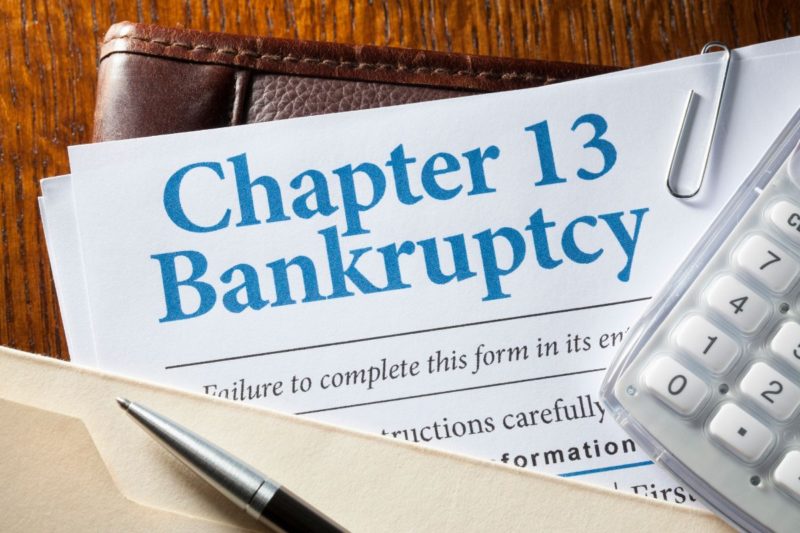Rachel’s debts finally got the better of her. She feared that losing her job meant losing other things like her car, home, and self-respect. A friend suggested she consider Chapter 13 bankruptcy to get some relief. However, Rachel didn’t understand most of the information she had heard about unsecured and secured debts. This article provides some detail into this important aspect of Chapter 13 bankruptcy.
How does the court handle debts in a Chapter 13 bankruptcy?
You will need to disclose all of your assets and debts in your Chapter 13 bankruptcy filing. After the trustee analyzes your financial situation, several things happen. One important thing is that your debts will be classified as priority, secured, and unsecured.
What’s the difference between priority, unsecured and secured debts?
As you might have guessed, priority debts are given priority. This type of debt includes the costs of your bankruptcy. When debts are paid, bankruptcy law allows priority debts to be paid first. Unsecured and secured debts are a little more complicated.
With unsecured debts, creditors don’t have the right to take the debtor’s property to repay the debt. For example, unsecured debts include:
- student loans,
- credit card debt,
- medical expenses,
- personal loans without collateral,
- civil judgments against the debtor,
- back rent, and
- utility bills.
There’s one big difference between unsecured and secured debts. There’s some sort of collateral or property that the creditor can repossess if the debt remains unpaid. Secured debts include:
- Mortgages,
- Automobile loans, and
- Home equity loans or lines of credit.
Debtors typically are able to keep property classified as secured debt. But they must have the disposable income needed to develop a repayment plan.
How does bankruptcy handle different classes of debt?
Chapter 13 debtors develop what is called a repayment plan. As the name suggests, this plan allows debtors to repay some or all of their debts.
But debts are not just lumped together and randomly paid.
Instead, the bankruptcy trustee assesses the debtor’s financial disclosures. Debts are classified at some point during the pending bankruptcy case. Priority claims are paid first. Arrangements are worked out for secured debts, specifically whether the debtor will keep the property or return it to the creditor.
In some cases, many unsecured claims are discharged if they are not added to the repayment plan.
Call to learn more about dealing with your unsecured and secured debts.
Attorney Leslie Craft has the experience you need to deal with bankruptcy. Ms. Craft’s goal is always to help her clients get past their legal problems and get on with their lives.
To schedule a free personal consultation, call Craft Law Offices at (252) 752-0297 or email us at lesliecraftlaw@gmail.com. My offices are located in Greenville, Morehead City, and Rocky Mount for your convenience. I also represent clients in surrounding Eastern North Carolina communities, including Warrenton, Elizabeth City, Roanoke Rapids, Goldsboro, and Jacksonville.
Bankruptcy Doesn’t Have to Be a Painful Process.



